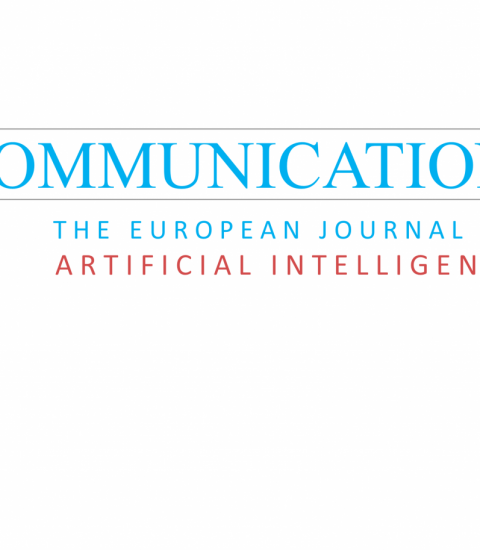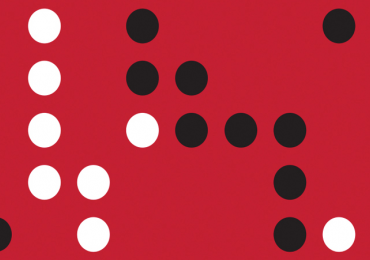
Amsterdam, NL – An upcoming AI Communications special issue will focus on "Multi-Agent Systems Research in the United Kingdom" and the guest editors Stefano V. Albrecht and Michael Wooldridge are calling for submissions, with a deadline of April 2022. Read on for details.
Multi-agent systems are a core area of research of modern artificial intelligence. A multi-agent system consists of multiple decision-making agents – such as software-based systems, physically-embodied robots, and humans – which interact in a shared environment to achieve certain goals. Multi-agent systems (MAS) research spans a range of technical problems, such as: how to design planning and learning algorithms which enable agents to achieve specified goals in MAS; how to design MAS to incentivize certain behaviors in agents; how information is communicated and propagated among agents; and how norms, conventions and roles may emerge in MAS. A vast array of applications can be addressed using multi-agent methodologies, including autonomous driving, multi-robot factories, automated trading, commercial games, automated tutoring, and robotic rescue teams.
Special issue focus
The purpose of this special issue, to be published in AI Communications, is to showcase current multi-agent systems research led by university and industry groups which are based in the United Kingdom (UK). We invite all research groups or institutes in the UK that have significant activity in multi-agent systems research to submit an article describing: (1) the technical problems in multi-agent systems tackled by the group (research agenda), including applications and industry collaboration; (2) the main approaches developed by the group and any key results achieved; and (3) a description of important open challenges in multi-agent systems research as viewed or prioritized by the group. There is no fixed article structure as long as the above questions are addressed in sufficient detail.
This special issue is being organised as part of the work of the Alan Turing Institute, the UK's national center for AI & Data Science. turing.ac.uk
Eligibility
Your research group should be located in the UK and have significant activity in multi-agent systems research, e.g., as evidenced by a sustained publication track record in multi-agent systems research in leading conferences/journals. We define ‘group’ broadly, to include groups led by a single PI and institutes, which involve multiple PIs working in multi-agent systems research. Groups may be located at universities or at companies with significant research activity.
Submission guidelines
Articles should be formatted using the AI Communications LaTeX style (aicommunications.eu/guidelines). The article title should reflect the research focus of the group. There are no strict page limits, but we suggest no more than 10 pages. Articles can be submitted to the special issue via the submission portal editorialmanager.com/aic. At the "Select Article Type" step, please select "Special Issue: Multi-agent Systems" from the drop down menu. Again at the "Section/Category" step please also select "Special Issue on Multi-agent Systems" from the drop down menu.
Deadline and review process
Submissions must be received no later than April 30, 2022. Each submission will be screened by the editors for eligibility, formatting, and whether questions (1–3) above are covered.
For any questions regarding the special issue or eligibility, please contact the special issue guest editors.
Guest Editors
Stefano V. Albrecht
University of Edinburgh
agents.inf.ed.ac.uk/stefano-albrecht
Michael Wooldridge
University of Oxford
cs.ox.ac.uk/people/michael.wooldridge



